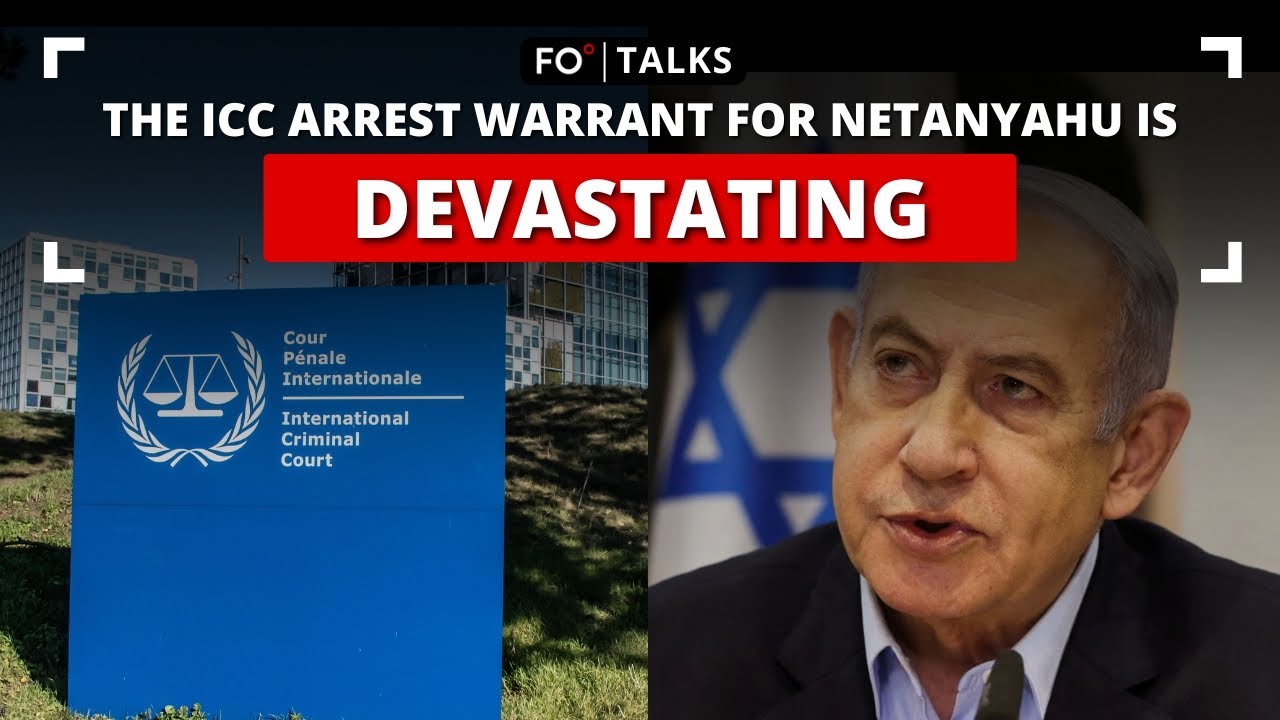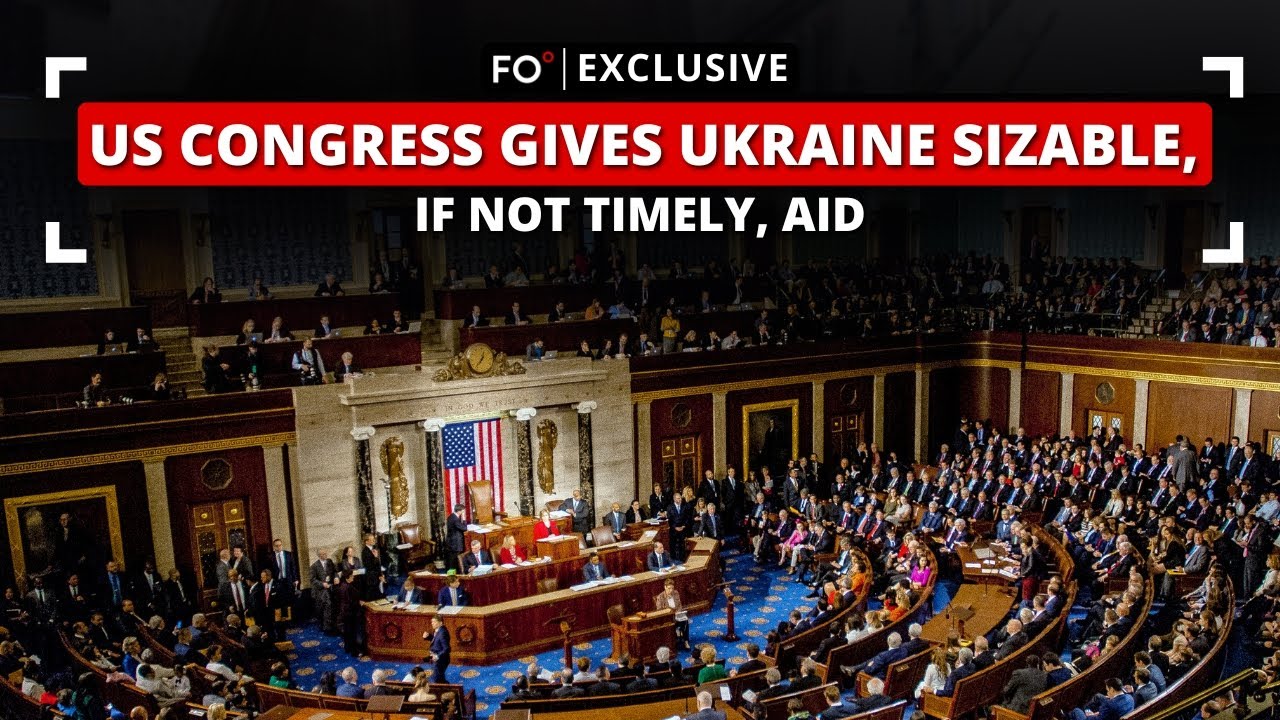Glenn Carle grew up in Brookline, a suburb of Boston. He had a classic all-American childhood in the booming postwar years. Sports formed a rite of passage for a young man. They were part of the culture of White Anglo-Protestants (WASPs) who, in those days, clashed with Irish Catholics. In those days, Boston was a divided city where WASPs and the Irish Catholics clashed. Things were not as bad as Northern Ireland but the city was divided along ethnic and religious lines.
Carle paints a vivid portrayal of his early years during the 1950s and 1960s. He speaks about the social dynamics of WASP in those days. Carle paints a vivid picture of the times. The WASPS were still ascendant but the Irish Catholics were emerging fast as a force of American politics. Still, Carle’s grandmother did not allow his father to play with the Kennedys because she held them to be children of rumrunners. Carle’s father would joke that had his mother (Carle’s grandmother) been less moral, he might have been John F. Kennedy’s secretary of state.
Carle remembers his time as a competitive athlete, how he ended up applying to Harvard and then studying government, which is called political science elsewhere and politics at Oxford. Carle dove into the classics and his views have been forged by a deep study of the great masters. When Singh quizzes Carle about his favorite writers, the erudite CIA man speaks about Thucydides, Alexis de Tocqueville and Joseph Conrad.
The History of the Peloponnesian War by Thucydides still informs Carle’s understanding of conflict. Conrad's examination of personal and existential questions of purpose, questions and notions on oneself has resonated with Carle over the years. It is an interest Carle shares with Admiral Vijai Singh Shekhawat, the former chief of the Indian Navy. De Tocqueville is a hero for Carle and he finds Democracy in America a masterpiece. Carle thinks the French author was far more prescient than Karl Marx. De Tocqueville’s understanding of democracy, social dynamics and the US still remain extremely relevant today. In a twist of fate, Carle became a roommate of de Tocqueville’s direct descendant during graduate school.
Carle’s career saw him serve in many elite institutions. Yet he found Harvard the most stimulating of places he spent time in. He met extremely gifted people who inspired him and stretched him. If Harvard was stimulating, France went on to become Carle’s spiritual home. He learnt French at school, studied European history deeply, lived in France and fell in love with la grande nation.
[Matthew Knudson wrote the first draft of this piece.]
The views expressed in this article are the author’s own and do not necessarily reflect Fair Observer’s editorial policy.
































Comment